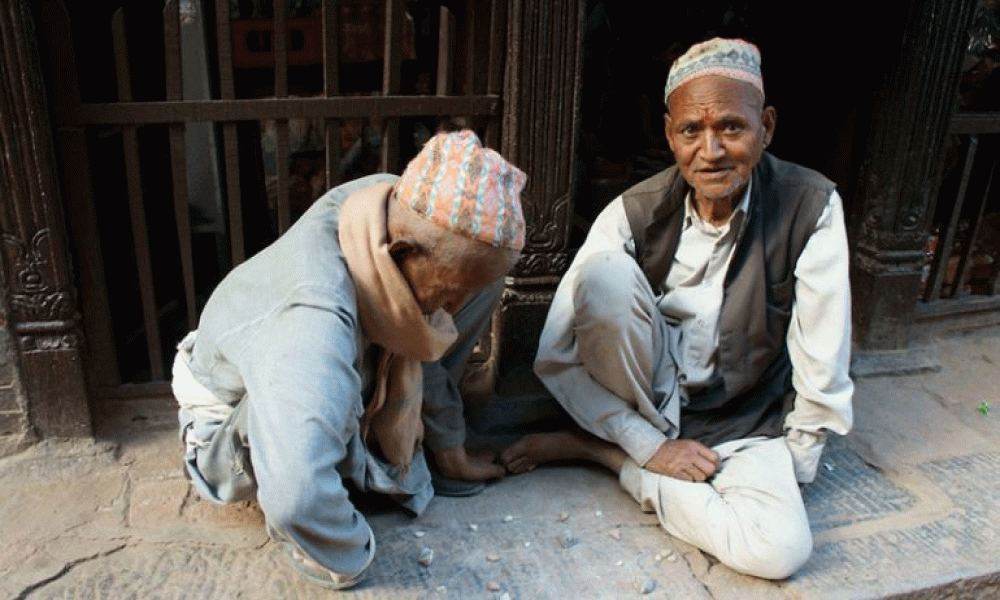Krishna Kisi
Bhaktapur is the smallest district of Nepal in terms of geography. But it is a repertoire of rich Newari culture. And interestingly, it has more surnames in it than any other Nepali district. Despite being a homogenous district with Newar the single most dominant ethnic group, people living here more than 750 surnames.
Newari people living here belong to same ethnicity, speak same language, have same culture and share same lifestyle, but they are different when it comes to surnames. Almost every family has a different surname – yet they are all Newari people.
Even more interestingly, each surname means something. Kisi means elephant, Koju means crow, Kharbuja means fruits, Chusyabag means half a piece of wheat grain and Bijukchhe means habitation. Some surnames describe physical appearances. For example, Kutub means fat and Gaise means lean.
Newari people living here belong to same ethnicity, speak same language, have same culture and share same lifestyle, but they are different when it comes to surnames. Almost every family has a different surname – yet they are all Newari people.
Meanings of some surnames are humiliating and politically incorrect. For example, Gwaymaru means someone without mustache, Petago means someone with big buttocks and Nhisutu means someone who keeps dropping mucus.
Some surnames are about traditional occupations. For example, Prajapati means potter, Silpakar means carpenter, Awal means mason, Dhaubdel means curd maker, Dhaubanjar means curd seller. Some are Thapa Shrestha. They are Newar, but like Chhetri and Magar they use the Thapa surname before Shrestha. The Bhaktapur chapter President of Nepal Workers Peasants Part is Ramesh Thapa Shrestha. He is a Newar, but he also uses Thapa surname before Shrestha.
This is why if people in Nepal run into someone with a strange surname, they cannot stop asking: are you from Bhaktapur? Surname diversity is becoming another distinct identity of this district.
Om Dhaubdel, a Newar culture expert in Bhaktapur, says those who identify themselves as Thapa Shrestha actually belong to the Tha sub caste group of Newar. Like people from many other Newar sub-caste groups, they used to write their surnames as Tha Shrestha. As time passed, they gradually started identifying themselves as Thapa Shrestha. And there are also Newar people who just identify themselves as Shrestha.
This is why if people in Nepal run into someone with a strange surname, they cannot stop asking: are you from Bhaktapur? Surname diversity is becoming another distinct identity of this district.









